Keywords: Greenhouse Gas Emissions
There are more than 24 results, only the first 24 are displayed here.
Become a subscriber for more search results.
-

ENVIRONMENT
- Michele Gierck
- 28 February 2025
Dr. Paul Hardisty has spent years chronicling the Great Barrier Reef—not just its breathtaking beauty, but its battles for survival. In In Hot Water, he traces a century of near-misses and looming catastrophe, from oil drilling threats to climate-driven bleaching, revealing the fragile, high-stakes fight to save the world’s largest coral ecosystem.
READ MORE 
-

ENVIRONMENT
- Michele Gierck
- 31 August 2024
As rising sea temperatures trigger widespread coral bleaching across the Great Barrier Reef, marine scientists explore the devastating effects and do what they can to restore these vital ecosystems.
READ MORE 
-

ECONOMICS
- David James
- 04 April 2024
2 Comments
Big changes are occurring in the financial sector that suggest the climate change agenda is starting to lose crucial support with the world’s largest fund managers. As support for ESG goals wane, the conversation is shifting to nuclear energy. But does it make any financial sense?
READ MORE
-
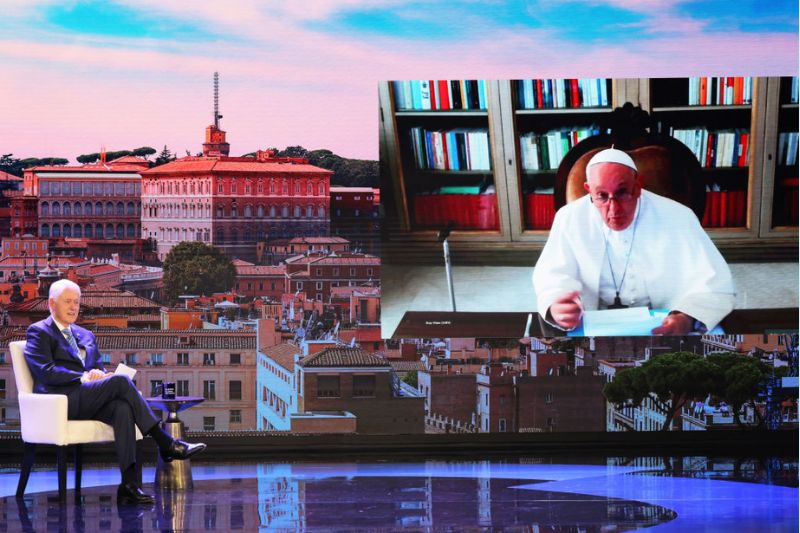
ENVIRONMENT
- Stephen Minas
- 07 February 2024
Recently Pope Francis’ approach is to speak in direct – sometimes blunt – terms about the shortcomings of climate action in recent years, suggesting that we need a system of climate justice that is not built on the backs of the poor.
READ MORE
-

ENVIRONMENT
- Anthony N Castle
- 28 November 2023
1 Comment
There is an economic case for acting on the climate crisis but the economics can be a distraction unless we start the conversation at the right place: the environment. A heating climate will cost us trillions. If we don’t act at all, it will cost us everything.
READ MORE
-

ENVIRONMENT
- Michael McVeigh
- 11 April 2023
The government’s Powering Australia Plan promises renewable energy and net-zero emissions by 2050. However, analysts warn that there is little change in the economic and bureaucratic structures that support the fossil fuel industry. Unless Australia finds a way to prosper sustainably, the country will continue to benefit from emissions while the rest of the world suffers.
READ MORE
-

ENVIRONMENT
- Michele Gierck
- 24 March 2023
Climate science doesn't make for comfortable reading. As the climate crisis continues to escalate, Dr. Joëlle Gergis, prominent climate scientist and one of Australia's lead authors of the IPCC Sixth Assessment Report, offers readers a unique perspective on the urgent need for mass climate action and why we have reason to hope.
READ MORE 
-
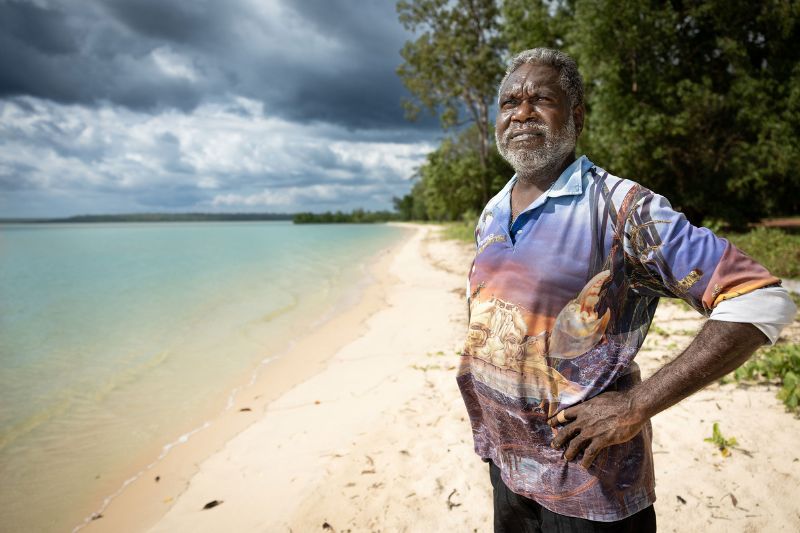
AUSTRALIA
- Binoy Kampmark
- 08 December 2022
3 Comments
Dennis Tipakalippa, a Manupi elder, insisted that he and fellow elders were not consulted over the environmental plan developed by Santos for the Barossa Gas Project off the Tiwi Islands. The Federal Court agreed, finding that Santos had not identified or consulted relevant traditional owners.
READ MORE 
-

ENVIRONMENT
- Stephen Minas
- 14 July 2022
3 Comments
Indicating the Vatican will be stepping up its climate diplomacy, the Holy See is now a formal party to the UN Framework Convention on Climate Change and has declared it intends also to formally join the 2015 Paris Agreement. The Holy See announced that it would be acceding to the Paris Agreement as soon as that treaty’s ‘legal requirements’ allow.
READ MORE 
-
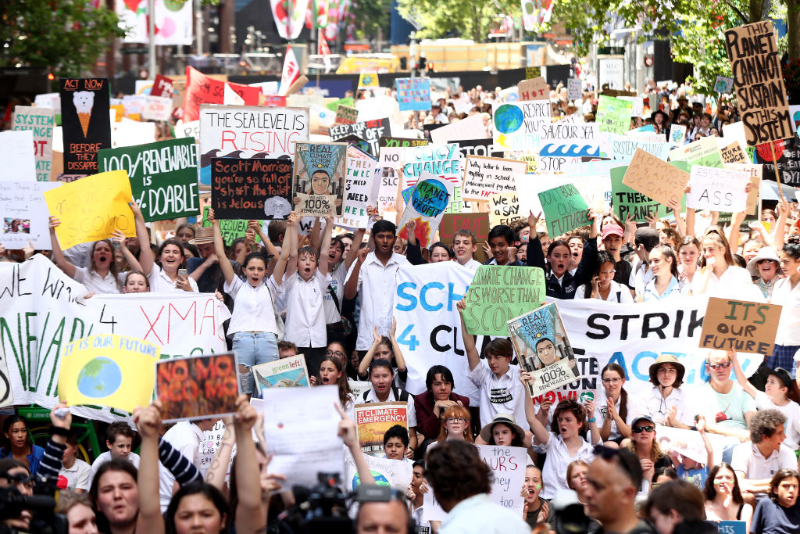
AUSTRALIA
- Binoy Kampmark
- 07 April 2022
10 Comments
The children have been busy. On matters of environmental justice, Australia has witnessed much legal activity from youthful citizens who, despite in some cases not being old enough to vote, have stirred politics. In 2021, five lodged complaints with the United Nations over the failure of the Australian government to cut, in a meaningful way, greenhouse gas emissions by 2030.
READ MORE 
-
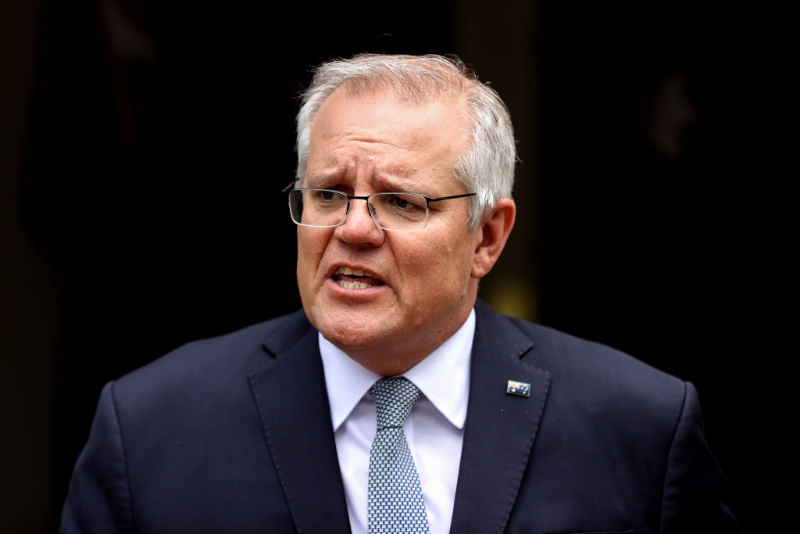
ENVIRONMENT
- Greg Foyster
- 27 October 2021
8 Comments
After an excruciating few weeks of negotiations with the Nationals — and far too many hours subjected to Barnaby Joyce’s ramblings — the Morrison government has finally announced their predictably underwhelming plan to reach net zero emissions by 2050.
READ MORE 
-
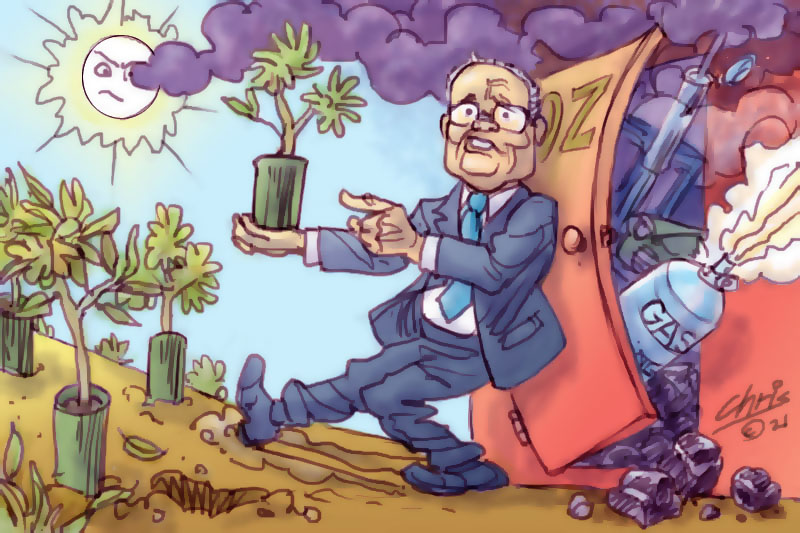
ENVIRONMENT
- Greg Foyster
- 18 October 2021
16 Comments
In July this year the UN ranked Australia dead last out for climate action out of more than 170 countries surveyed. Yes, our federal government’s climate policies are literally the worst in the world. But while Australia is a global laggard in reducing pollution, we’re something of a leader in covering up this failure and getting away with it.
READ MORE 